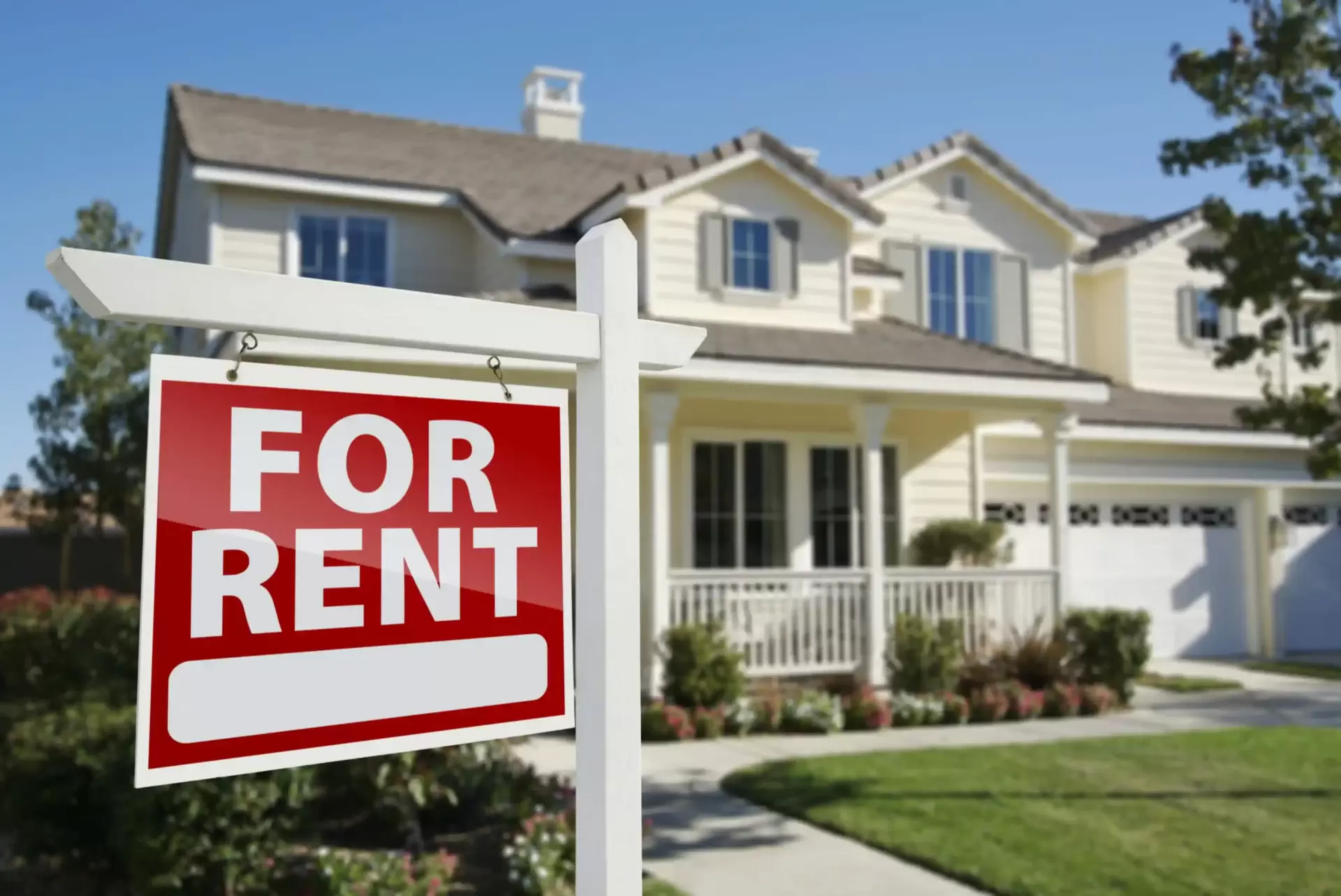
Flexibility And Mobility Renting
Flexibility and Mobility – Renting
One of the primary benefits of renting is the flexibility it offers. Renters have the freedom to move without the hassle of selling a property. This flexibility is ideal for those who anticipate frequent relocations due to job changes or other life circumstances. It allows individuals to adapt to new opportunities and locations without being tied down.
Lower Upfront Costs – Renting
Renting typically requires less upfront financial commitment than buying. While renters may need to pay a security deposit and possibly the first month’s rent, homeowners must come up with a down payment, closing costs, and other significant expenses. Renting provides an easier entry point into housing for those with limited savings.

Lower Upfront Costs Renting
Maintenance and Repairs – Renting
Renters are often relieved of the burden of major maintenance and repair costs. When something breaks, leaks, or needs upgrading in a rental property, it’s generally the landlord’s responsibility to fix it. This can save renters both money and time, as they are not responsible for maintaining the property.
Building Equity – Buying
One of the most significant advantages of buying a house is the opportunity to build equity. Over time, as homeowners make mortgage payments, they increase their ownership stake in the property. This can lead to long-term financial stability and the potential for appreciation in the property’s value.

Building Equity Buying
Tax Benefits – Buying
Homeownership can provide various tax benefits, including deductions for mortgage interest and property taxes. These deductions can reduce the overall cost of owning a home and potentially lower your annual tax liability.
Customization and Stability – Buying
Owning a home allows you to personalize your living space to your liking. You can make changes, renovations, and upgrades that suit your preferences. Homeownership also provides a sense of stability, as you don’t have to worry about rent increases or lease terminations.

Customization And Stability Buying








